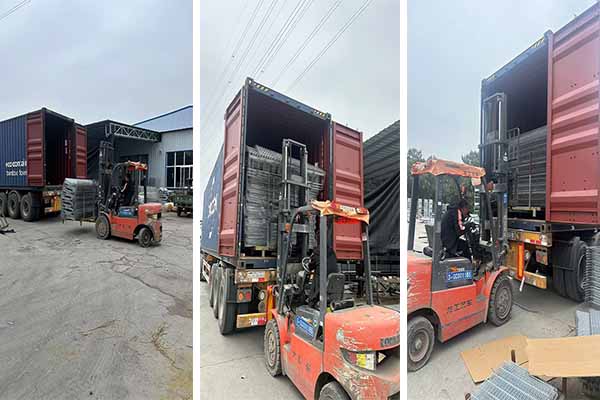The Cost of Automated Feeders for Chicken Farms in Uganda…
Time : 2025-07-24
As a professional poultry equipment manufacturer based in China, Livi Machinery has been at the forefront of providing innovative solutions to the poultry industry. In this article, we delve into the cost of automated feeders for chicken farms in Uganda. Uganda, with its burgeoning poultry sector, is a key market for automated poultry farming equipment. Let’s unravel the details together.
Understanding Automated Feeders for Chicken Farms
Automated feeders are an essential piece of equipment for any modern chicken farm. These devices dispense feed automatically, ensuring that chickens have access to the nutrients they need without overeating or waste. The use of automated feeders not only enhances productivity but also ensures animal welfare.
In Uganda, where chicken farming is a major contributor to the agricultural sector, investing in automated feeders is a strategic move. The right automated feeder can make a significant difference in the efficiency and profitability of a chicken farm.
The Cost of Automated Feeders in Uganda
The cost of an automated feeder for chicken farms in Uganda can vary greatly depending on several factors. Let’s take a closer look at what these factors are:
1. Type of Feeder
The first factor to consider is the type of feeder you need. There are various types of automated feeders available, such as gravity feeders, chain feeders, and auger feeders. Each type has its unique features and costs:
– Gravity Feeders: These are the most common type of feeders. They use gravity to dispense feed. The cost of gravity feeders typically ranges from $50 to $150.
– Chain Feeders: These feeders use a chain to dispense feed. They are more expensive than gravity feeders, with prices ranging from $150 to $500.
– Auger Feeders: These feeders use an auger to move feed from a hopper to the chickens. They are the most expensive type, with prices ranging from $300 to $1000.
2. Size and Capacity
The size and capacity of the feeder also affect the cost. Larger feeders can serve more chickens, which makes them more cost-effective in the long run. The price for feeders based on size and capacity typically ranges from $200 to $2000.
3. Additional Features
Automated feeders come with a range of additional features, such as timers, sensors, and connectivity options. These features can significantly increase the cost of the feeder:
– Timers: Timers allow you to set the feeding schedule. They typically cost an extra $50 to $100.
– Sensors: Sensors can detect when chickens are present and adjust feeding accordingly. They usually cost $100 to $200.
– Connectivity Options: Feeders with connectivity options, such as Wi-Fi or Bluetooth, allow you to monitor and control the feeder remotely. These features can add an extra $100 to $500 to the cost.
4. Installation and Maintenance
It’s important to consider the installation and maintenance costs of the automated feeder. Installation costs can vary depending on the complexity of the setup and whether you hire a professional. Maintenance costs can include parts replacement and routine service checks.
How Livi Machinery Can Help
At Livi Machinery, we understand the unique needs of chicken farmers in Uganda. We offer a range of high-quality automated feeders that are tailored to meet your requirements. Here’s how we can help:
– Custom Solutions: We offer customized automated feeders based on your farm size and requirements.
– Competitive Pricing: We strive to offer the most competitive prices without compromising on quality.
– Excellent After-Sales Service: Our team of experts is always ready to assist you with installation, maintenance, and troubleshooting.
Conclusion
Investing in an automated feeder for your chicken farm in Uganda is a wise decision. With the right equipment, you can enhance productivity, reduce waste, and improve animal welfare. At Livi Machinery, we are committed to providing you with the best poultry equipment to help your farm thrive.
For more information on the cost of automated feeders and to find the perfect solution for your chicken farm, contact us today.












